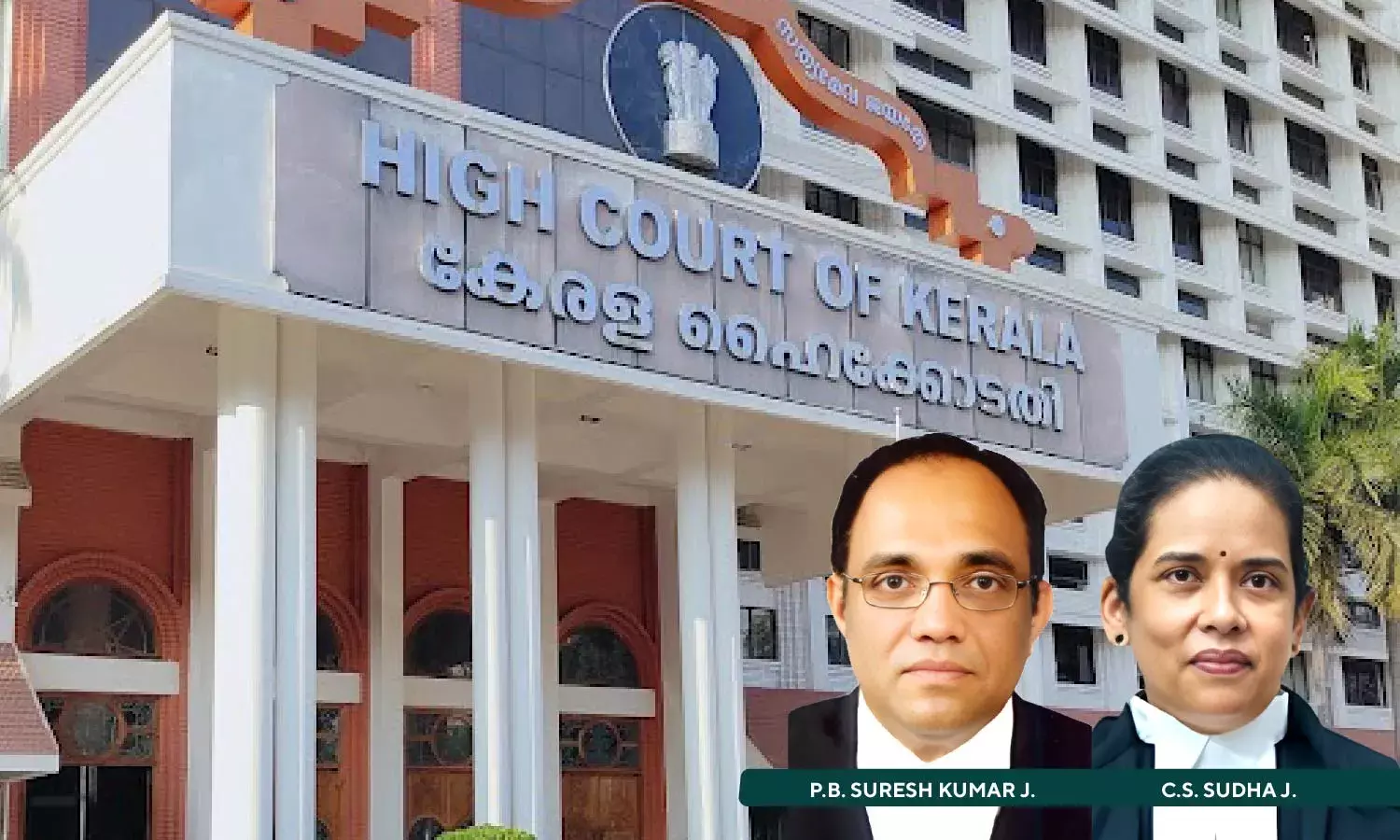Application For Anticipatory Bail Cannot Be Granted For Offences Under Provisions Of UAPA In Any Circumstances: Kerala HC
Stating that the exclusion of the application of Section 438 of the Criminal Procedure Code, 1973 (CrPC) to cases under the Unlawful Activities (Prevention) Act, 1967 (UAPA) was absolute, the Kerala High Court ruled that no application for anticipatory bail would be permissible for offences punishable under the UAPA under any circumstances.
“The exclusion of the application of Section 438 of the Code to any case involving any person accused of having committed an offence punishable under the UAP Act is absolute”, held the Court.
A Division Bench comprising of Justice P.B Suresh Kumar and Justice C.S Sudha observed that “If the scheme of the UAP Act is that no person accused of an offence punishable under Chapter IV and VI of the UAP Act shall be released on bail unless the twin conditions referred to in subsection (5) of Section 43D are satisfied, there cannot be any doubt that the Statute does not contemplate grant of anticipatory bail to accused under any circumstance whatsoever, for if the provision is interpreted to hold that the Statute does not bar the application of Section 438 of the Code, in the absence of any restriction in the Statute in the matter of granting anticipatory bail, it would lead to an anomalous and absurd position that anticipatory bail can be granted to a person accused of an offence punishable under the UAP Act unconditionally and restrictions would apply only in the matter of claiming regular bail.”
While emphasizing that the right to seek anticipatory bail was not a fundamental right under Article 21 of the Constitution and considering the impact of international terrorism on society, the Bench stated that the UAPA was designed to prevent and combat terrorist activities, and as such, it deliberately excluded the application of Section 438 of CrPC.
Advocate Babu S. Nair appeared for the Appellant, whereas DSG S. Manu appeared for the Respondent.
The brief facts of the case were that an appeal was moved by a man accused in the 2020 gold smuggling case in which the customs department had seized a significant amount of gold that was smuggled from the UAE through diplomatic channels. The National Investigating Agency (NIA) alleged that the appellant and others conspired to smuggle gold, causing damage to India's monetary stability and economic security. After the NIA filed its final report, it sought more time for further investigation against the accused including the appellant. In the meantime, some of the accused were granted regular bail. Thus, the appellant argued that no prima facie case under the UAPA was made against him and hence sought anticipatory bail under Section 438 of CrPC. However, the Special Court denied it given the serious allegations made against him and for evading cooperation with the investigating agency. Hence, the appellant approached the High Court challenging this decision.
After considering the submission, the Bench reiterated that the mere act of gold smuggling, covered under the Customs Act, will not amount to a terrorist act under the provisions of the UAPA unless the same is done with the intention to threaten the economic security of the nation.
In other words, gold smuggling simpliciter with a mere profit motive will not fall within the ambit of UAPA, added the Bench.
Looking at the objectives of the UAPA, the High Court observed that it was enacted to combat terrorism, in alignment with the resolutions adopted by the United Nations in this regard.
Finding that the final report had not been filed and one of the reasons for the delay was that the accused had been evading arrest, the High Court explained that there was no fault on the part of the NIA for insisting that the custodial interrogation of the accused was necessary.
Observing that UAPA was designed to prevent counter-terrorist activities, and therefore, anticipatory bail applications were not maintainable for offences punishable under the Act, the High Court declined the appeal on merits.
Cause Title: Ahammedkutty Pothiyil Thottiparambil v. The Union of India and Anr.
Click here to read/download the Judgment




